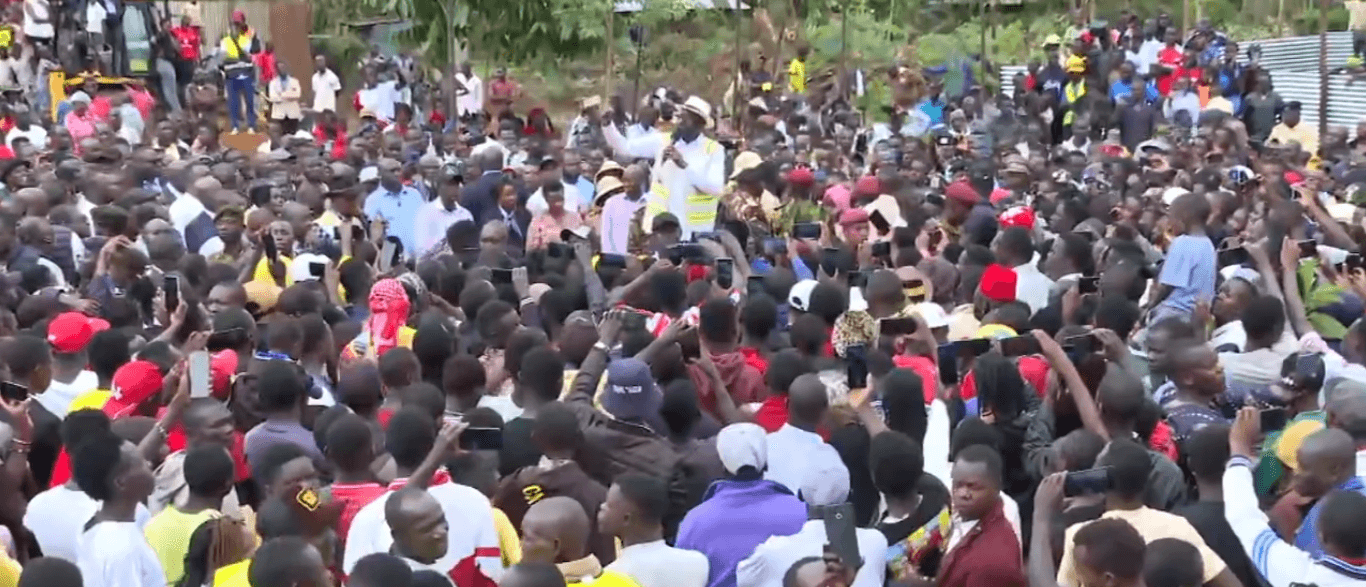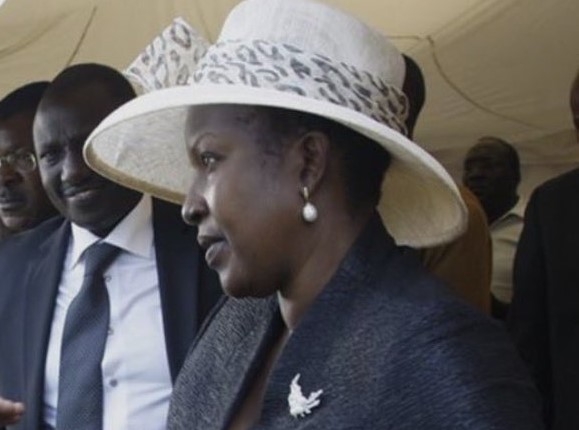Linet Ambani operates a wines and spirits shop in South B but is worried that high tax levels could soon push her out of business.
She says the business, which she has run for close to four years, has enabled her pay rent, bills and provide for her five-year old son.
"If not for this shop, I don't know how I would have survived in Nairobi," Ambani told the Star on Monday.
As much as Covid-19 was a nightmare in many aspects, Ambani says her business received a major boom in 2020 and 2021.
During the lockdowns, she said, many of her customers indulged in alcohol as they worked from home and many organised house parties more frequently.
This contributed to the good performance during the period. However, the gains could go down the drain as many liquor sellers and distributors now foresee loses or total closure following a move by MPs further hike taxes on alcoholic beverages.
"I've been preparing my customers for the price increase since the Bill was announced and I can already tell my business could be closing soon," Ambani said.
Prices of wines and spirits and some beers are set for an increase after Parliament last Thursday passed amendments to the Finance Bill 2022.
Wines will attract duty at the rate of Sh229 per litre from the current Sh208.20 once President Uhuru Kenyatta assents to the bill and it becomes law.
Spirits with an alcoholic percentage of more than 6% will attract excise duty at Sh335.30 per litre, up from Sh278.70.
Beer products whose alcohol content exceeds six per cent will attract excise duty at the rate of Sh134 per litre, up from Sh121.85, automatically pushing up retail prices.
The rate of excise duty on powdered beer (Keg) has however been retained at Sh121.85 per litre.
Tobacco substitutes including non-combustible tobacco will from July 1, attract excise duty at Sh3,750 for every 1,000 sticks, more than double the current Sh1,500.
MPs also reviewed upwards tax on advertising revenue drawn from alcoholic beverages, gaming, lottery, betting and prize competitions.
Maina Gikonyo, the managing director of Rwathia Beer Distributors told the Star the tax increase is ill-informed and will ultimately increase the cost of doing business for the entire sector.
He said the entire supply chain will be hurt including farmers, transporters, manufacturers, distributors, bottle makers, consumers, and retailers.
A frequent reveller told the Star he plans to cut his spending on alcohol due to the high cost.
"Drinking is a luxury, there is no way i'm going to spend more on it," said the customer adding that an alternative will be to find cheaper but safe liquor.
The Bar Hotels Liquor Traders Association (BAHLITA), secretary-general Boniface Gachoka warned that high prices of alcohol will encourage the growth of illicit trade in contraband and cheap raw spirit entry from neighbouring countries.
Tax experts at Deloitte said higher excise taxes will potentially shift consumption to cheaper illicit products and promote cross border smuggling especially from jurisdictions where the taxes are lower than in Kenya.
They warned that the continued increase of excise duty on the goods could potentially reduce the demand for these products, which will ultimately lead to the exit of some of the players in the affected industries.
This will also discourage investment in the affected industries.
"In the long run, the suppressed demand of the excisable goods may reduce excise duty revenue generated from these products," Deloitte said.
Kenya Association of Manufacturers, told Parliament an increase in taxes will lead to a return of high consumption of illicit alcohol.











